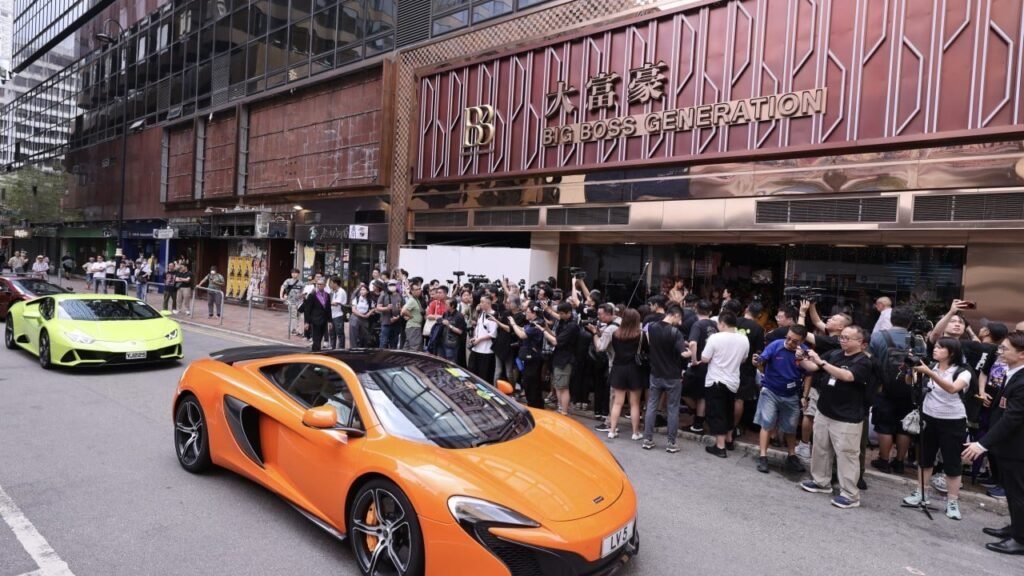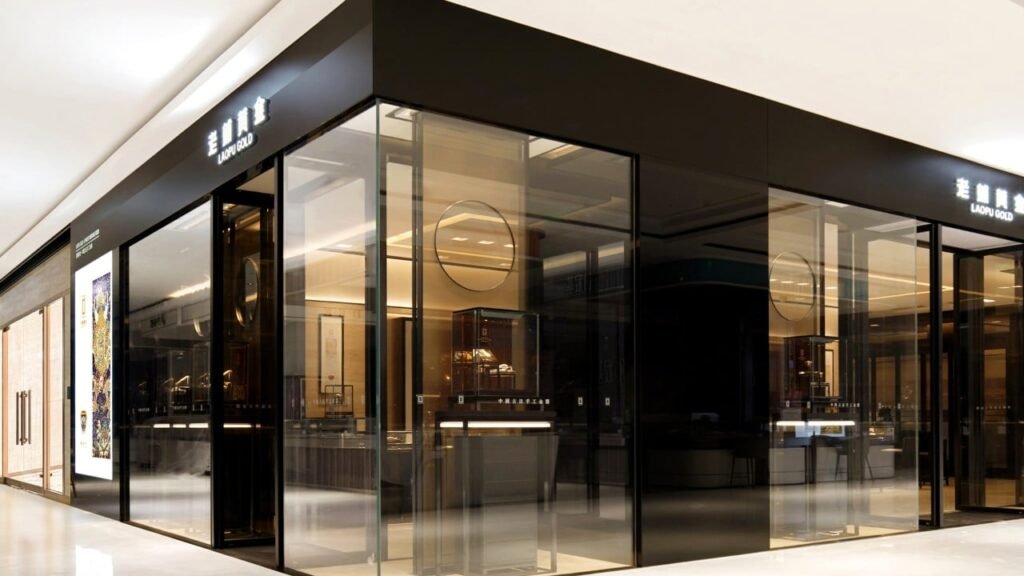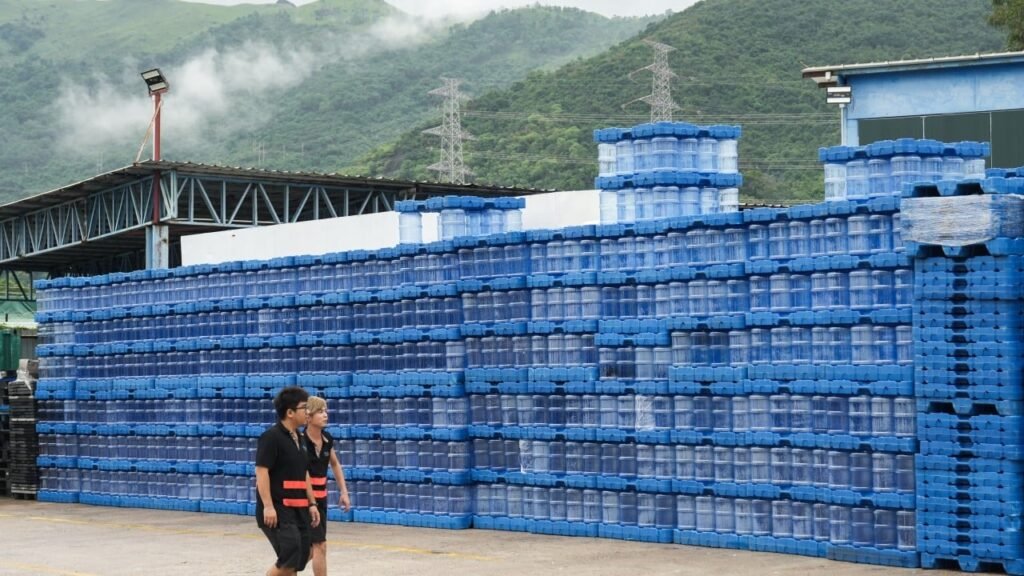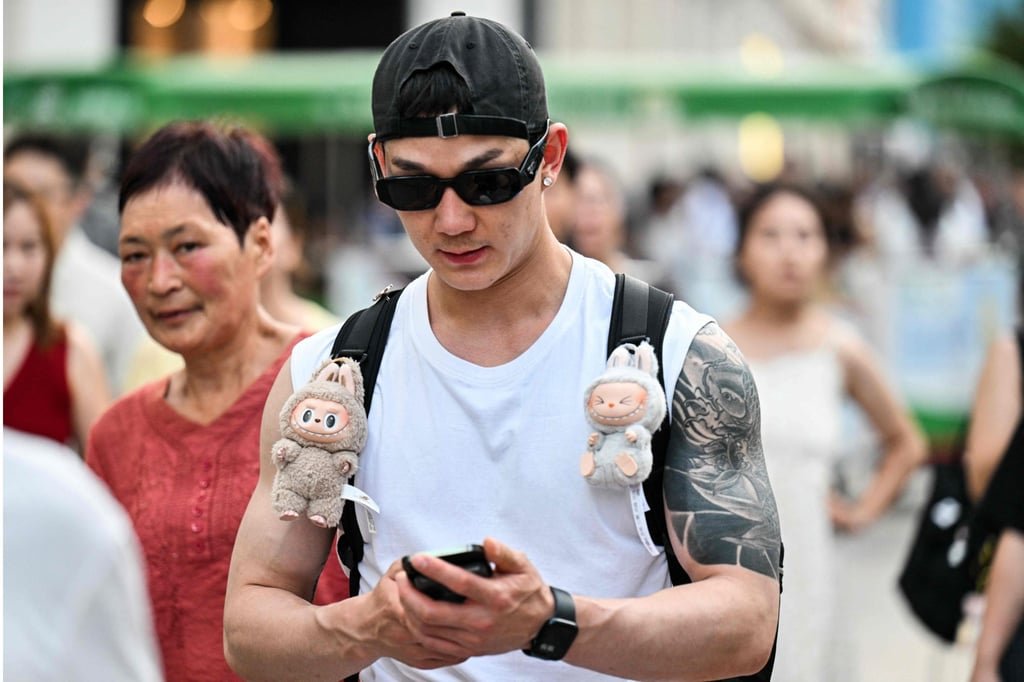Hong Kong’s unemployment rate has risen to 3.7 per cent, the highest level since late 2022, with sectors like construction and food and beverage among those logging the steepest increases.

The latest jobless rate in the May to July period saw a 0.2 per cent increase, up from 3.5 per cent from April to June, according to provisional figures released by the Census and Statistics Department (C&SD) on Tuesday.
This marks a return to levels in 2022. From August to October that year, the city saw an unemployment rate of 3.8 per cent.
Hong Kong measures unemployment rate on a moving three-month basis. The rate is adjusted for seasonal influences.
A total of 145,000 people were unemployed in the May to July period, up from 136,200 in the April to June period.
Industry-specific unemployment rates, which have not been seasonally adjusted, rose in several key sectors.
The unemployment rate for the construction industry rose to 7.2 per cent between May and July, up 0.4 percentage points from the previous period. In particular, the jobless rate for the foundation and superstructure sector saw the biggest uptick in the latest figures, reaching 7 per cent, up from 6.4 per cent.


The figure for the food and beverage sectors climbed from 6 to 6.4 per cent, while the retail sector and the real estate sector also saw notable increases.
Labour and welfare chief Chris Sun linked the rises partly to fresh graduates entering the labour market for the first time.
“The uptick in the number of unemployed persons was partly attributable to the influx of fresh graduates and school leavers entering the labour market,” Sun said a C&SD statement.
But lawmaker Chau Siu-chung, representing the labour functional constituency, said fresh graduates tend not to join blue-collar sectors and their presence may not explain the upticks in the jobless rates in specific industries, according to Ming Pao.
Chau urged authorities to stop imported labour schemes given the rise in the jobless figures, Ming Pao reported.
Sun has previously defended the city’s imported labour policy against criticism that it had led to a surge in unemployment.
“I must emphasise that the government’s manpower policy has always prioritised local workers,” Sun said in a Facebook post in May.
He told reporters on Tuesday that starting from next month, employers in the food and beverage sectors hoping to import non-local labour for entry-level chefs and waiters must first recruit from the Labour Department’s job centres, which helps local workers find jobs.
He said the move could strengthen matching between employers and local workers.
Support HKFP | Policies & Ethics | Error/typo? | Contact Us | Newsletter | Transparency & Annual Report | Apps
Safeguard press freedom; keep HKFP free for all readers by supporting our team











